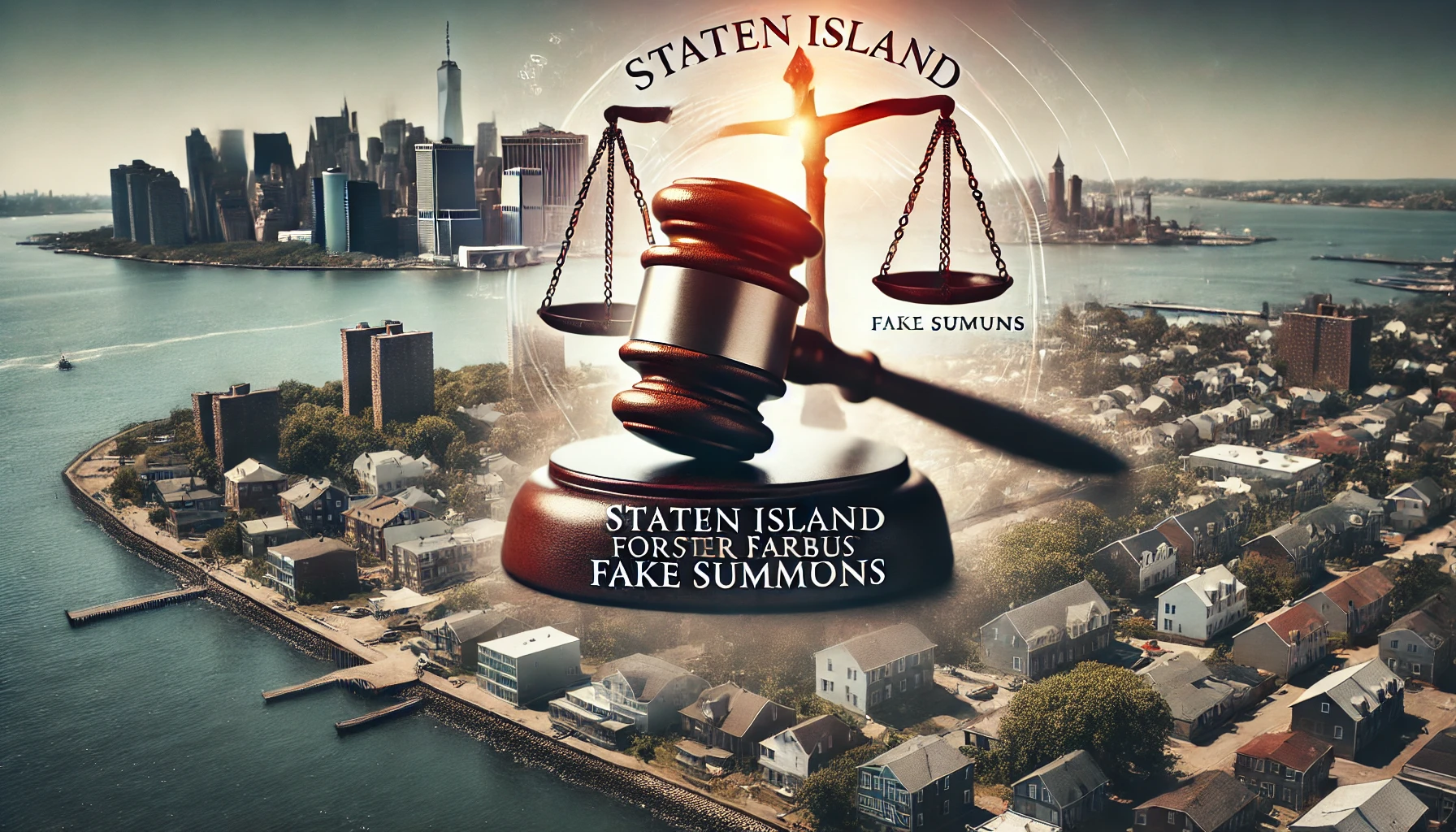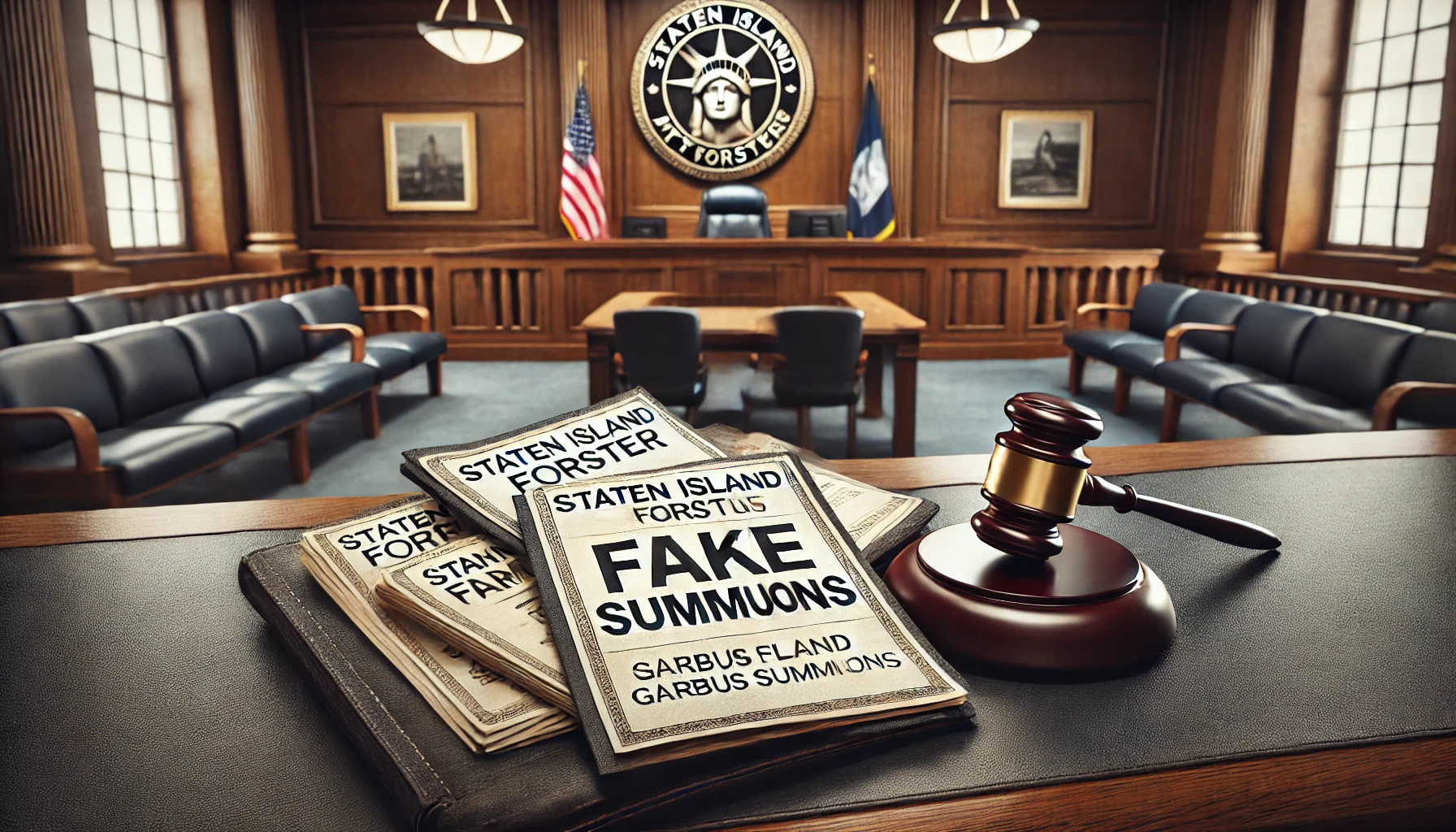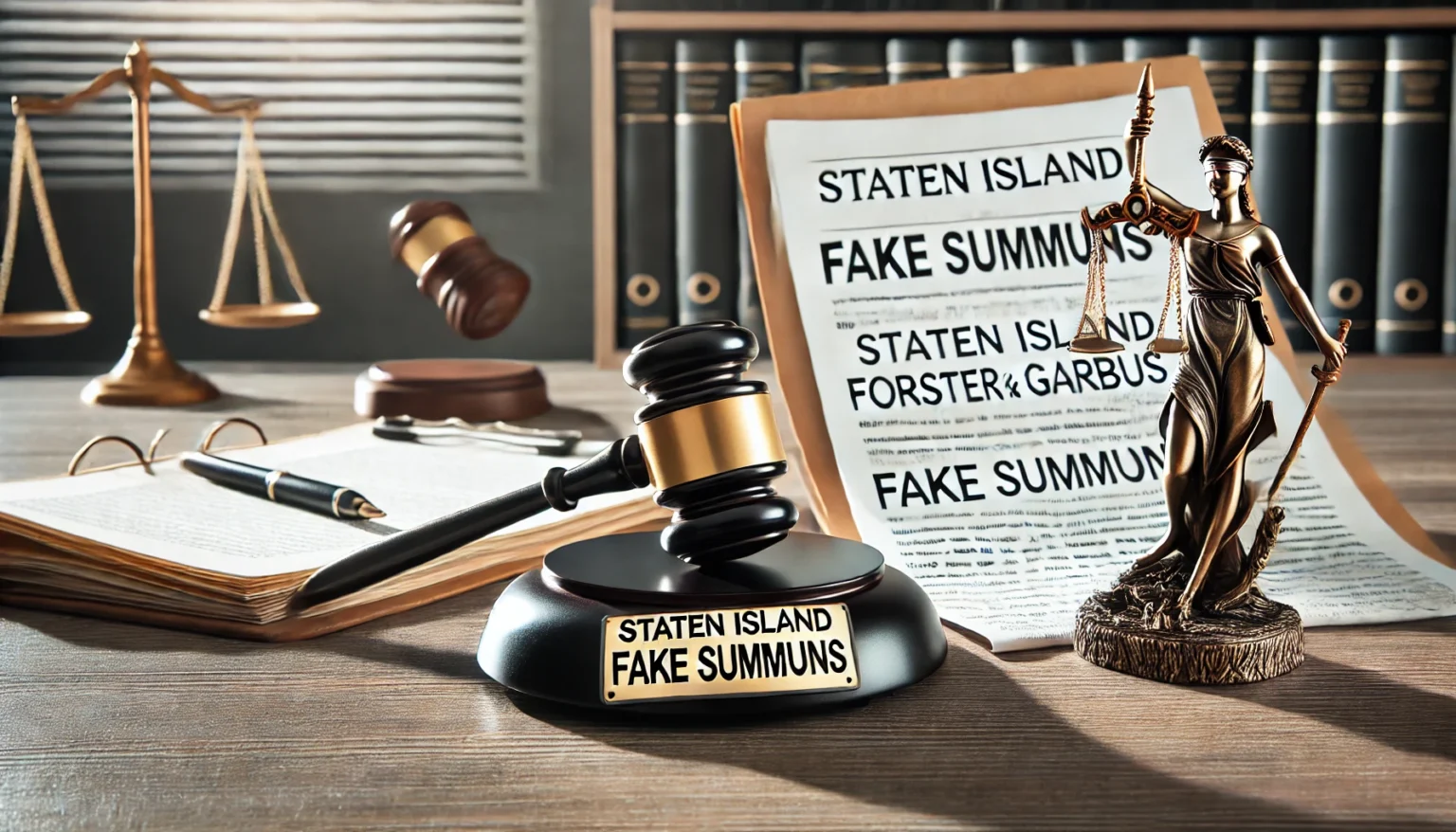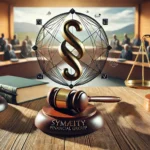Forster & Garbus, a Staten Island-based debt-collection law firm, has faced significant criticism for its involvement in issuing fake summonses. These practices have raised concerns about consumer protection and legal ethics. Here, we delve into everything uncovered about this controversy, based on the most recent information available in 2024.
What Are Fake Summonses?
Fake summonses are legal documents that mimic official court summonses but lack proper validation. They are often used to pressure individuals into paying debts without providing sufficient proof or following due legal processes. These documents are designed to intimidate recipients, making them believe they are facing imminent legal action.
The issue arises when these summonses are filed without adequate attorney review or the necessary documentation to back up claims. For consumers, this creates confusion and fear, leading many to act without verifying the legitimacy of the summons.
Allegations Against Forster & Garbus
Forster & Garbus has been accused of engaging in deceptive practices by issuing fake summonses as part of their debt-collection efforts. The firm allegedly filed over 99,000 lawsuits between 2014 and 2016 without conducting meaningful attorney reviews or providing sufficient evidence to prove the debts owed.
The Consumer Financial Protection Bureau (CFPB) highlighted these actions as violations of the Fair Debt Collection Practices Act (FDCPA), which prohibits unfair, deceptive, or abusive practices in debt collection.
Legal Actions and Settlements
CFPB Lawsuit in 2019
- The CFPB sued Forster & Garbus, accusing the firm of mass-producing lawsuits against consumers without verifying the validity of the debts.
- The lawsuit emphasized the firm’s failure to engage attorneys in properly reviewing cases before filing them in court.
Settlement in 2023
In response to the allegations, Forster & Garbus agreed to:
- Implement stricter internal policies to ensure all cases are thoroughly reviewed.
- Provide adequate documentation for all debt-collection lawsuits.
- Pay a $100,000 civil penalty as part of the settlement.
These measures aimed to prevent similar incidents and restore consumer trust.
Impact on Consumers
The issuance of fake summonses has had a significant negative impact on consumers:
Emotional Stress:
Many recipients experienced fear and anxiety, believing they were facing legitimate legal action.
Financial Harm:
Some consumers paid debts they didn’t owe or couldn’t afford, simply to avoid further legal complications.
Legal Confusion:
The misleading nature of the summonses caused many to act without verifying their authenticity.
Lessons for Consumers
For consumers, the Forster & Garbus case serves as a cautionary tale. Here are some key takeaways:
Verify the Summons:
- Always check with your local court to confirm whether a summons is legitimate.
- Look for official stamps and case numbers.
Understand Your Rights:
- The FDCPA protects consumers from unfair debt-collection practices.
- You have the right to request proof of the debt before taking any action.
Seek Legal Assistance:
- If you receive a suspicious summons, consult an attorney or legal aid service to understand your rights and obligations.
Broader Legal Implications
The Forster & Garbus controversy highlights systemic issues within the debt-collection industry. It underscores the need for:
Stricter Oversight:
Regulatory bodies must monitor high-volume debt-collection firms to ensure compliance with the law.
Ethical Practices:
Law firms must prioritize due process and provide sufficient evidence before pursuing legal action.
Consumer Education:
Awareness campaigns are essential to inform individuals about their rights and how to handle debt disputes.
Ongoing Reforms and Consumer Protections
Since the settlement, there have been efforts to improve consumer protections:
Increased Regulation:
The CFPB continues to enforce stricter rules for debt-collection practices.
Transparency Requirements:
Firms like Forster & Garbus are now required to provide clear documentation and evidence when filing lawsuits.
Consumer Resources:
More organizations offer legal aid and education to help individuals handle debt-related issues.
Conclusion
The case of Forster & Garbus serves as a powerful reminder of the importance of ethical practices in the legal system. Consumers must remain vigilant and informed to avoid falling victim to deceptive tactics. Meanwhile, regulatory bodies must continue to enforce laws that protect individuals from unfair practices. By learning from this controversy, both consumers and the legal community can work toward a fairer and more transparent system.
FAQs About Forster & Garbus Fake Summons Controversy
What is a fake summons?
A fake summons is a document that looks like an official court summons but lacks proper legal validation. These documents are often used by debt-collection firms to intimidate individuals into paying debts without providing adequate proof or following due legal processes.
What were the main allegations against Forster & Garbus?
Forster & Garbus was accused of filing over 99,000 debt-collection lawsuits between 2014 and 2016 without proper attorney review or sufficient evidence. The firm was alleged to have violated the Fair Debt Collection Practices Act (FDCPA) by using misleading tactics to pressure consumers into paying debts.
What legal actions were taken against Forster & Garbus?
The Consumer Financial Protection Bureau (CFPB) sued the firm in 2019 for unfair practices. In 2023, Forster & Garbus settled by agreeing to implement stricter case review policies, provide better documentation, and pay a $100,000 civil penalty.
How can consumers protect themselves from fake summonses?
- Verify the summons with your local court to ensure it’s legitimate.
- Request proof of the debt if you’re unsure about its validity.
- Seek legal advice from an attorney or legal aid service to protect your rights.
What reforms have been introduced since the settlement?
The settlement required Forster & Garbus to adopt stricter transparency and documentation practices. Regulatory bodies like the CFPB are also enforcing stricter oversight on debt-collection firms, and more resources are being provided to educate consumers about their rights.
Recommended Article:
Temu Class Action Lawsuit: All Information You Require
Santa Rosa Mesothelioma Lawyer Vimeo: A Guide for Victims
Fort Wayne Mesothelioma Lawyer Vimeo: A Guide to Finding Legal Support
Medford Mesothelioma Legal Questions and Your Rights as a Victim
Richmond Asbestos Legal Question: Answers for Families and Victims











